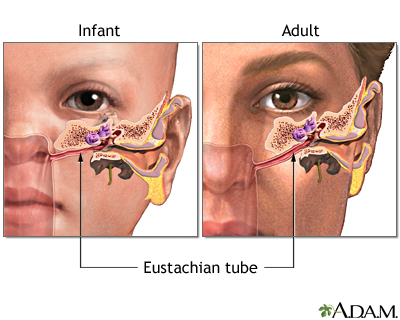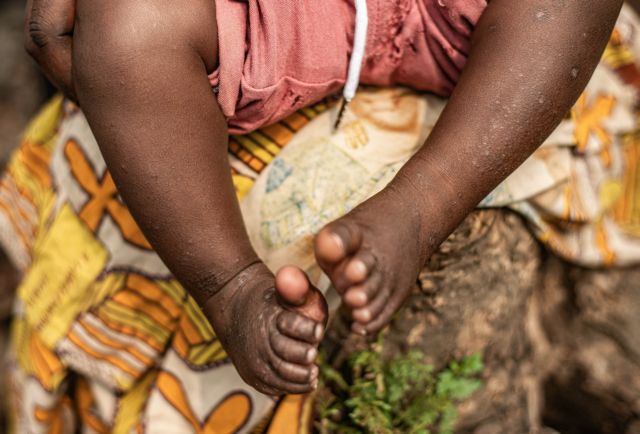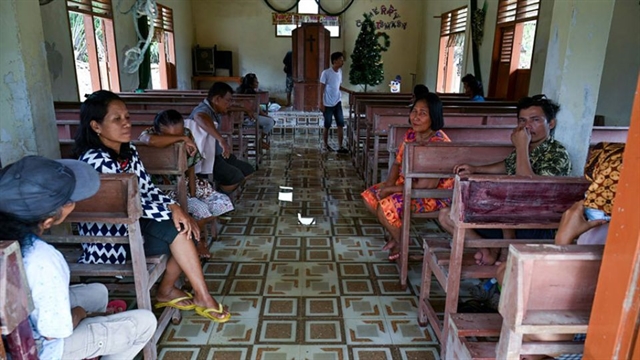 Life & Style
Life & Style

Dr Mattias Larsson*
No case of mpox has been diagnosed in Việt Nam so far. This story is written about a fictional character in order to illustrate and clarify some of the causes, symptoms and treatment for Mpox.
William woke up in a morning with fever, headache and muscle pain. He took some paracetamol that relieved the symptoms to some extent. However, as blisters and sores began to develop on the trunk, arms, legs, hands and feet he became worried. He also noted that he had swollen lymph nodes.
As he came back from a work trip in the Democratic Republic of Congo (DRC) two days earlier, he thought he needed a check-up, especially as he had seen some people with blisters in the area he worked in.
When he came to the clinic and presented his symptoms, the staff rapidly moved him into a single room and explained that as he had an unknown infection, he had to be isolated to prevent transmission. The doctor and nurse came in dressed in protective gear covering the whole body, to prevent them from being infected. Blood samples were taken as well as liquid from the blisters with a swab. The doctor asked more in detail about his travel to DRC and if he had been exposed to any disease. He also asked about Williams contacts since he came home so they could be assessed for symptoms and possibly tested.
The doctor explained that there was currently an outbreak of mpox in central Africa and that the symptoms he presented were similar to mpox. Mpox is a zoonosis, a disease that can be transmitted between animals and humans, but also between people. The first was first discovered in monkeys, but has mainly been found in various types of rodents in Central and West Africa. It was first detected in humans in 1970.
 |
| A child infected with mpox in Nyiragongo, Democratic Republic of the Congo on August 15, 2024. VNA/VNS Photo |
Mpox, caused by the monkeypox virus, has two main types: Clade 1 and Clade 2. Clade 1 is highly contagious, particularly affecting children and leads to more severe symptoms with higher mortality rates. In late 2023, Clade 1 was rapidly spreading in central Africa, notably in the DRC. Transmission occurs primarily through close physical contact, such as within families or through sexual contact. The incubation period is typically 6 to 13 days and there have been rare cases of indirect transmission through items like bedding and towels. Additionally, mother-to-child transmission can occur during childbirth. Clade 2 primarily spreads through sexual contact among men who have sex with men (MSM) and caused a global outbreak in 2022.
Symptoms of mpox vary based on the transmission route. Common symptoms include blisters or sores on the trunk, limbs, hands and feet, along with fever, headache, muscle pain, and swollen lymph nodes. In cases of sexual transmission, blisters or sores can occur on the face, around the mouth, throat, genitals and anus.
While mpox can be painful and uncomfortable, most cases resolve within two to four weeks. Young children, pregnant women and those with weakened immune systems, such as from conditions like HIV, face a higher risk of severe illness if infected.
This year, over 15,600 cases of mpox have been reported, resulting in 537 deaths, primarily affecting children. Within the last month, more than 100 confirmed cases of Clade 1b have emerged in four neighbouring countries of the DRC: Burundi, Kenya, Rwanda, and Uganda. Experts suspect the actual number of cases to be higher due to many untested but symptomatic cases. Notably, the first case caused by Clade 1 outside Africa was diagnosed in Stockholm, Sweden, on August 15. Additionally, recent cases have been identified in Pakistan and Thailand.
Two WHO-approved mpox vaccines are currently available but face challenges due to limited availability and high cost. This impedes widespread immunisation efforts crucial for halting further transmission.
Last week, WHO initiated Emergency Use Listing for mpox vaccines, which will accelerate vaccine access for low-income countries.
Compared to COVID-19, mpox is caused by a known virus that spreads through close physical contact rather than respiratory means. Vaccines are already in existence, though currently limited in supply, so the risk for a mpox pandemic is considered low.
What happened to William? He received treatment for fever and discomfort at the clinic, after two weeks he had recovered, none of his contacts had contracted mpox. Family Medical Practice
 |
| Dr Mattias Larsson. Photo courtesy of Family Medical Practice |
*Dr Mattias Larsson is a paediatric doctor at Family Medical Practice and associate professor at Karolinska Institute and has a long experience in research on infectious diseases. He has worked with the Oxford University Clinical Research Unit and the Ministry of Health of Việt Nam. He is fluent in English, Swedish, Vietnamese, German and speaks some Spanish.
Family Medical Practice - FMP Healthcare Group operates medical centres in major cities including HCM City, Hà Nội and Đà Nẵng, offering consultations with international doctors, check-up centres and emergency ambulance services. In HCM City, we have clinics in Districts 1, 2, and 7, along with the Care 1 - Executive Health Check-Up Centre and internationally accredited *9999 emergency ambulance services.




